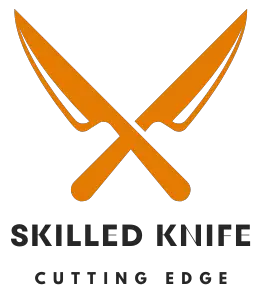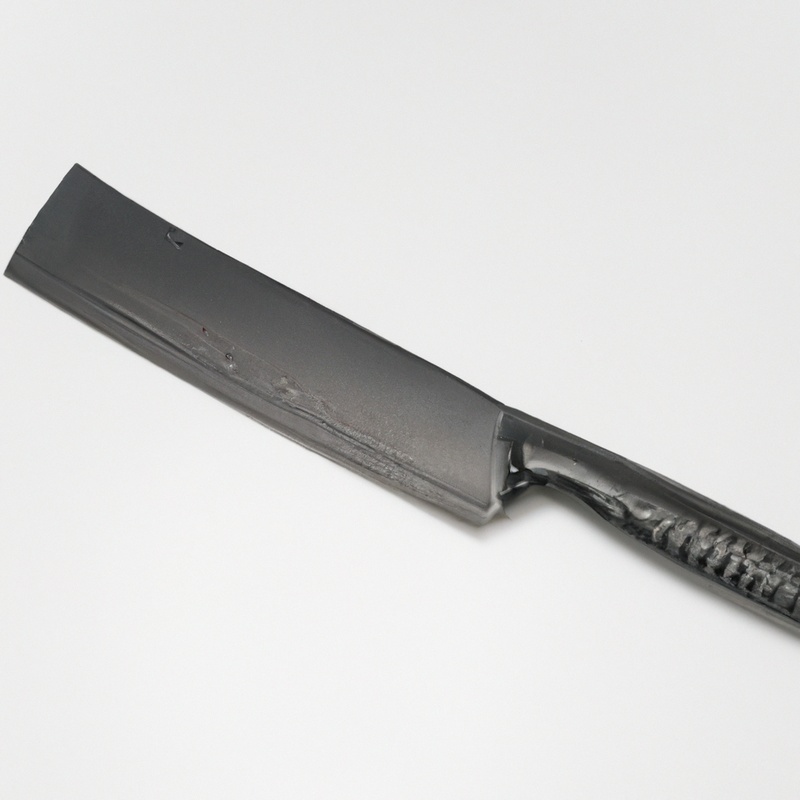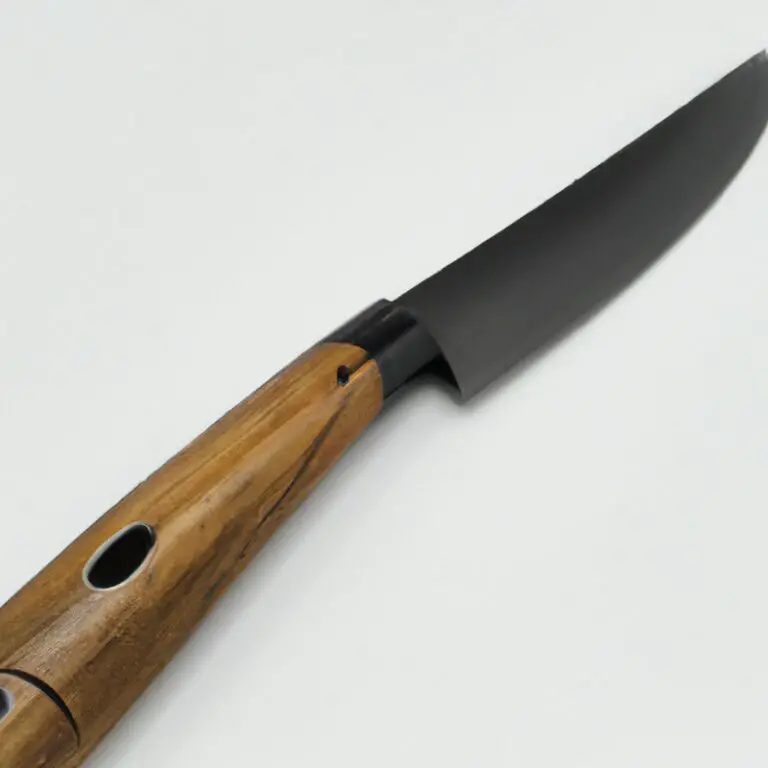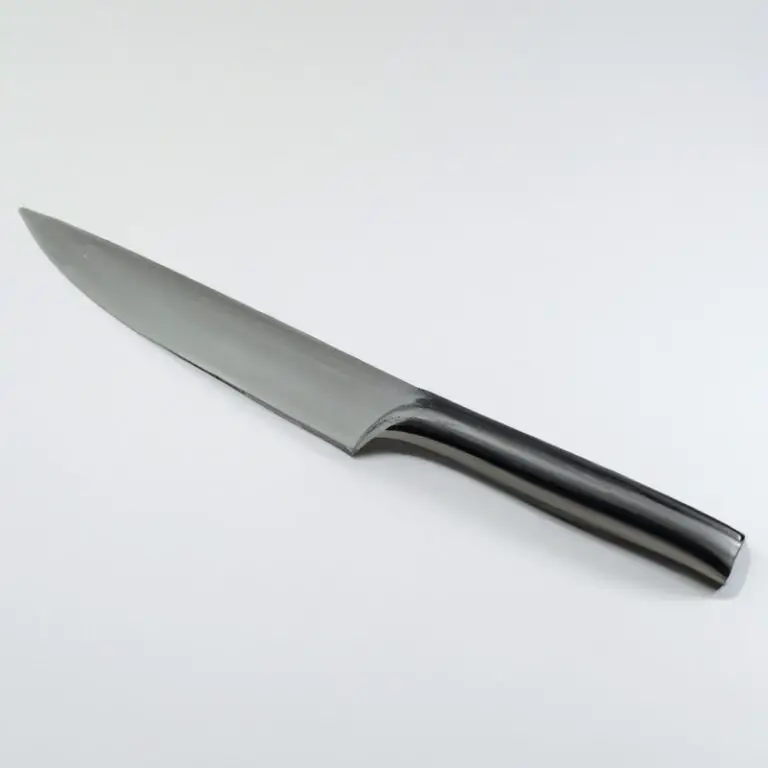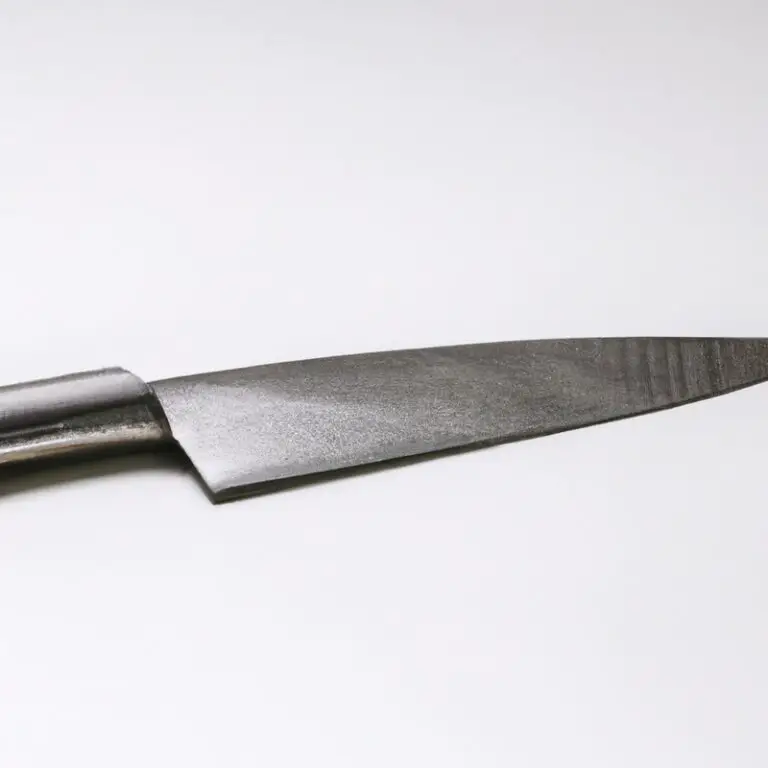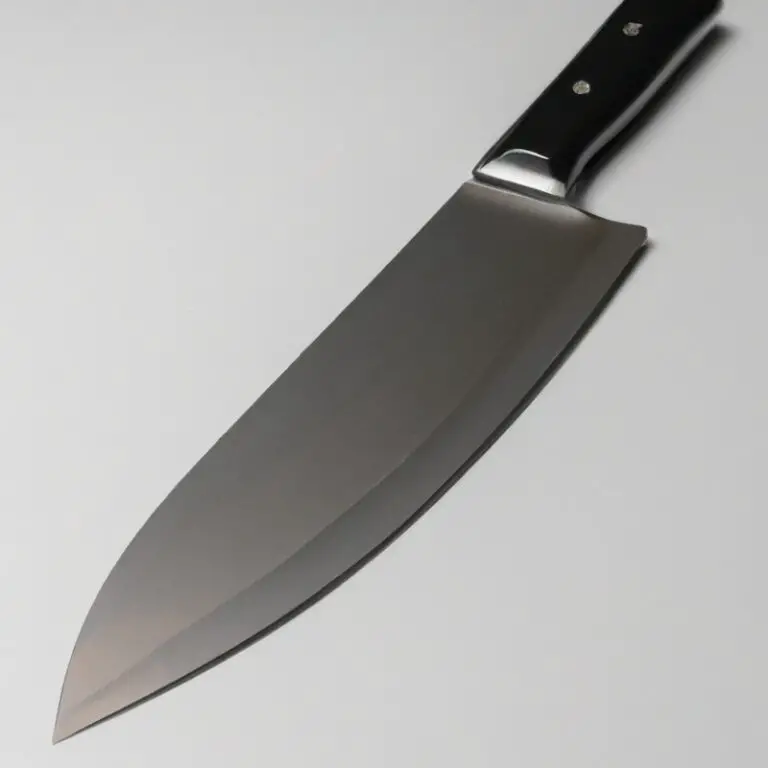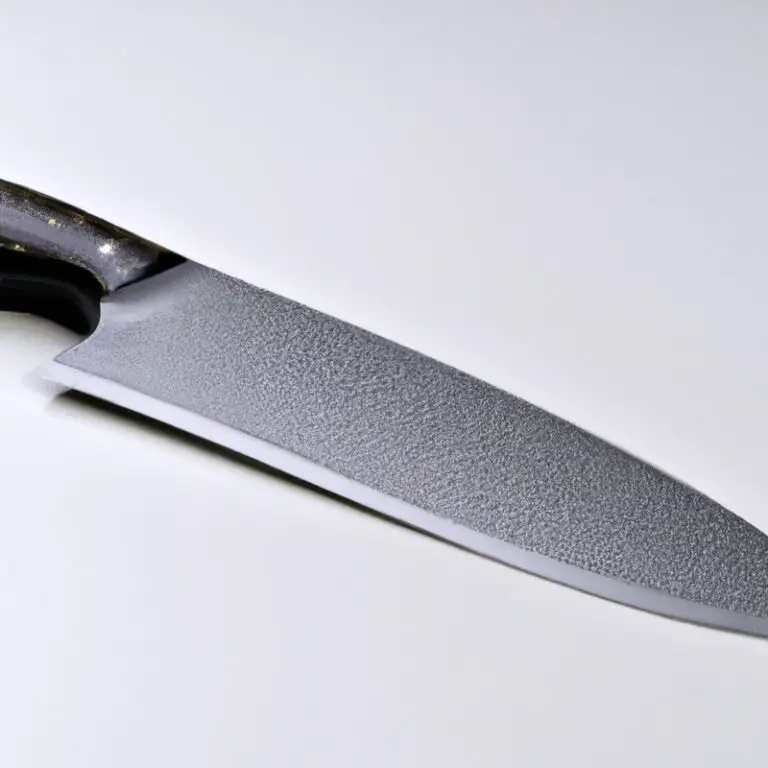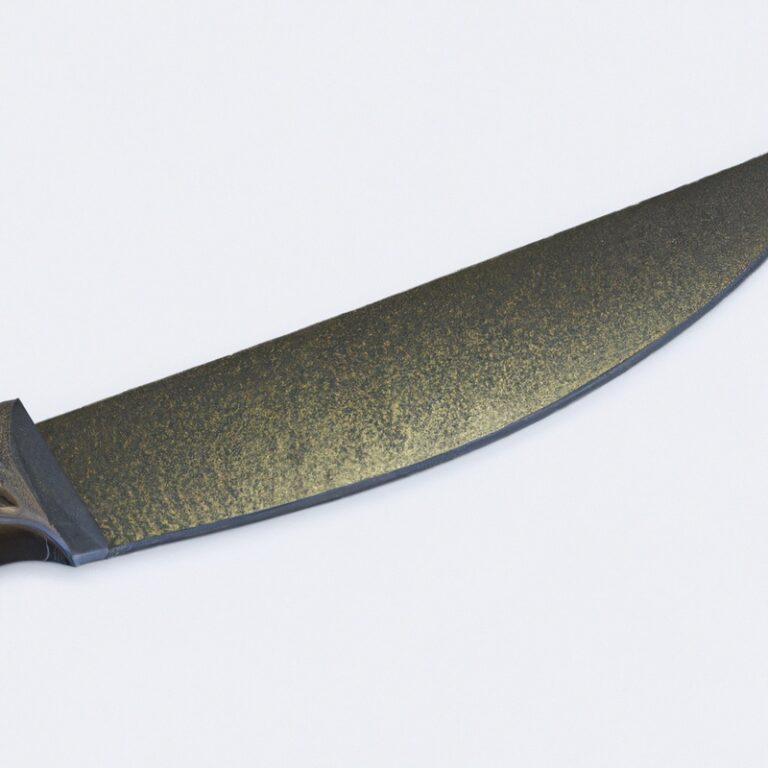What Are The Advantages Of a Bolster In a Gyuto Knife? Enhanced Performance
Key Takeaways:
- A bolster in a Gyuto knife offers better balance and control during cutting tasks.
- The bolster also provides added protection for your hand while using the knife.
- A well-designed bolster can improve the durability and longevity of a Gyuto knife.
- Overall, investing in a Gyuto knife with a bolster can improve your cutting experience and efficiency in the kitchen.
When it comes to selecting a Gyuto knife, it’s easy to get lost in a sea of choices. But one aspect that you shouldn’t overlook is the bolster.
This small, but mighty feature can make a world of difference in terms of comfort, stability, and durability.
As someone who has spent years working with knives, I can attest to the advantages of a well-designed bolster. In this article, we’ll explore everything you need to know about the bolster in a Gyuto knife.
From enhancing control and balance to protecting the blade and adding an aesthetic touch, we’ll cover it all.
Whether you’re a professional chef or a home cook, understanding the role of the bolster can help you select the right knife for your needs.
| Advantages of a Bolster in a Gyuto Knife |
|---|
| Maintains Balance |
| Provides Extra Strength |
| Helps Prevent Hand Fatigue |
| Improves Grip and Control |
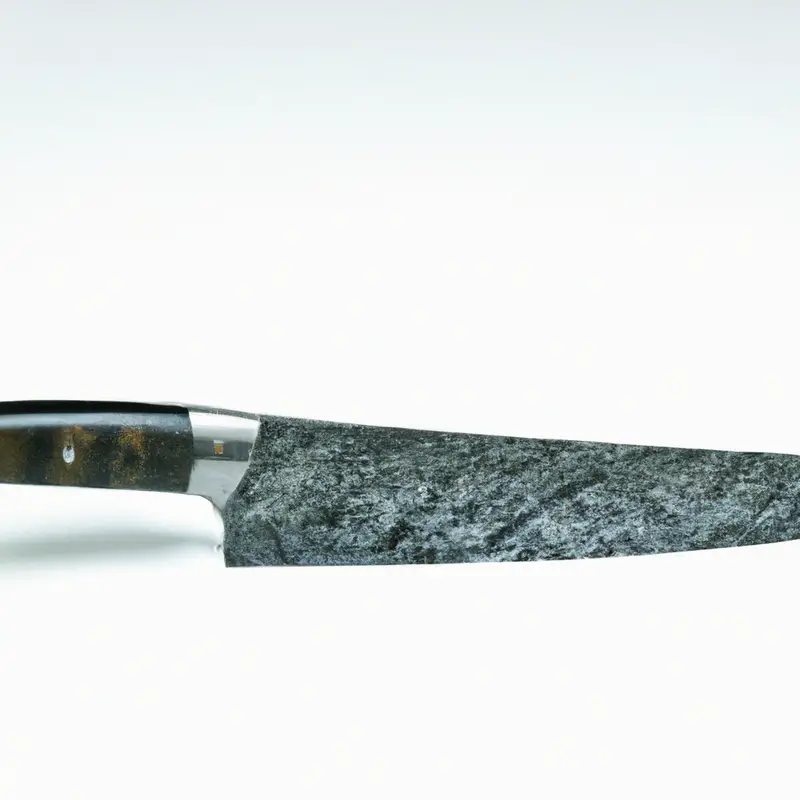
Understanding the Anatomy of a Gyuto Knife: The Role of the Bolster
The bolster is an essential component of a Gyuto knife. It is a thick, sturdy, and often metallic piece that sits between the blade and the handle.
The bolster plays a crucial role in providing balance, stability, and protection to the knife.
It enhances the control of the user over the blade and allows for a comfortable grip. Bolstered knives are known for their durability and are less likely to break or chip off.
In addition, the bolster adds to the traditional and aesthetic look of the Gyuto knife.
Although a matter of preference, a bolstered Gyuto knife may be ideal for those who require precision and control during food preparation. Choosing the right bolstered Gyuto knife requires considering factors such as blade material, handle, and overall weight.
Proper maintenance, such as regular cleaning and sharpening, can prolong the life of your bolstered Gyuto knife.
A Comfortable Grip: How the Bolster Enhances Control and Balance
The bolster in a Gyuto knife plays a significant role in providing a comfortable grip, enhancing control and balance. The thick portion of metal located between the blade and the handle offers a comfortable spot for you to rest your fingers while chopping or slicing.
This feature ensures that your hold on the knife is steady and secure, reducing the risk of injury and improving overall efficiency.
Additionally, the bolster’s added weight and thickness provide a counterbalance to the weight of the blade, resulting in increased control and precision. The bolster’s function is essential for any chef or home cook seeking to improve their chopping skills and slicing technique.
Durability and Stability: The Protective Function of the Bolster
The bolster in a Gyuto knife provides durability and stability. It acts as a barrier between the blade and the handle, preventing the blade from damaging the handle over time.
Additionally, it adds weight and balance to the knife, making it easier to control and maneuver.
A well-constructed bolster can also absorb shock during use, preventing the blade from chipping or cracking. Overall, the bolster is an essential component of a high-quality Gyuto knife, providing protection and enhancing performance.
The Importance of Traditional Aesthetics: Embellishing the Look of the Bolster
The traditional Japanese Gyuto knife is not only known for its functionality but also its aesthetic elegance. The bolster, which is an essential component of the Gyuto knife’s structure, is not only for balance and stability but also embellishes the knife’s appearance.
The bolster serves as a transition between the knife blade and handle and adds a level of sophistication to the knife’s design.
Traditional aesthetics play a significant role in Japanese culture, and that is evident in the artistry and craftsmanship of every Gyuto knife. The bolster’s ornate design adds value to the knife, making it not only a tool for culinary purposes but also an object of beauty.
Aesthetics and functionality are given equal importance in the design of a Gyuto knife, making it a unique product that reflects Japanese traditions and culture.
Who Can Benefit from a Bolster in a Gyuto Knife?
Anyone who prefers a comfortable grip, durability, stability, and traditional aesthetics in their Gyuto knife can benefit from a bolster. The bolster enhances control and balance, making it ideal for chefs who value precision and accuracy.
Additionally, the protective function of the bolster enhances the knife’s longevity and ensures it remains in good condition for an extended period.
While non-bolstered Gyuto knives are also functional, a bolstered knife is a matter of preference; therefore, a chef’s personal preference determines whether they will benefit from one or not.
A Matter of Preference: Considering the Pros and Cons of a Bolstered Gyuto Knife
When it comes to bolstered Gyuto knives, it ultimately boils down to personal preference. Here are the pros and cons to help you make an informed decision: Pros:
- The bolster provides a comfortable grip and enhances control and balance while cutting through demanding ingredients.
- The sturdy construction of the bolster adds durability and stability to the knife, reducing the risk of damage or breakage under pressure.
- The traditional aesthetics of the bolster can also add an ornamental touch to the knife’s overall appearance.
Cons:
- Bolstering can add extra weight to the knife, which may affect maneuverability and agility.
- The bolster can also get in the way of sharpening the blade, making it harder to maintain over time.
Ultimately, whether or not to choose a bolstered Gyuto knife is dependent on your preferences and intended use. Consider the pros and cons carefully to make an informed decision.
Bolstered vs. Non-bolstered Gyuto Knives: Comparing Performance and Functionality
Bolstered Gyuto knives offer better control, balance, and stability due to the extra weight and thickness of the bolster. It helps protect the hand from slipping onto the blade while also providing support for heavy-duty cutting.
Non-bolstered knives, on the other hand, have a lighter weight and thinner blade that offers greater flexibility and precision for delicate cutting tasks.
Choosing between a bolstered or non-bolstered Gyuto knife ultimately depends on personal preference and the specific tasks it will be used for.
The Art of Forging: How Bolsters Are Incorporated into the Manufacturing of Gyuto Knives
Forging is an age-old technique that requires heating, hammering, and shaping metal to create knives and other tools. When making a bolstered Gyuto knife, the bolster is an integral part of the forging process.
It is usually made of a thicker layer of the same steel used for the blade and is welded or forged at the base of the blade.
Skilled artisans use a combination of hammering and grinding techniques to create a smooth transition from the blade to the handle. The result is a seamless and sturdy construction that not only looks elegant but also adds durability and balance to the knife.
In summary, bolsters are incorporated into the manufacturing of Gyuto knives through a complex forging process that requires expert skill and attention to detail.
How to Choose the Right Bolstered Gyuto Knife for Your Needs
The choice of a bolstered gyuto knife depends on certain factors such as the size of the knife, the shape of the blade, and the type of bolster. The ideal knife size will depend on the size of the user’s hands and the food they plan to cut.
The shape of the blade is also crucial, as it affects precision and can cut down on fatigue.
When choosing between a half or full bolster, a full bolster provides additional protection and balance, but a half bolster allows for more control and maneuverability. The material of the blade also has an impact on the choice of knife.
Most gyuto knives come in either stainless steel or high carbon steel, and each has its own advantages.
Ultimately, it is essential to choose the bolstered gyuto knife that suits your specific needs, preferences, and budget.
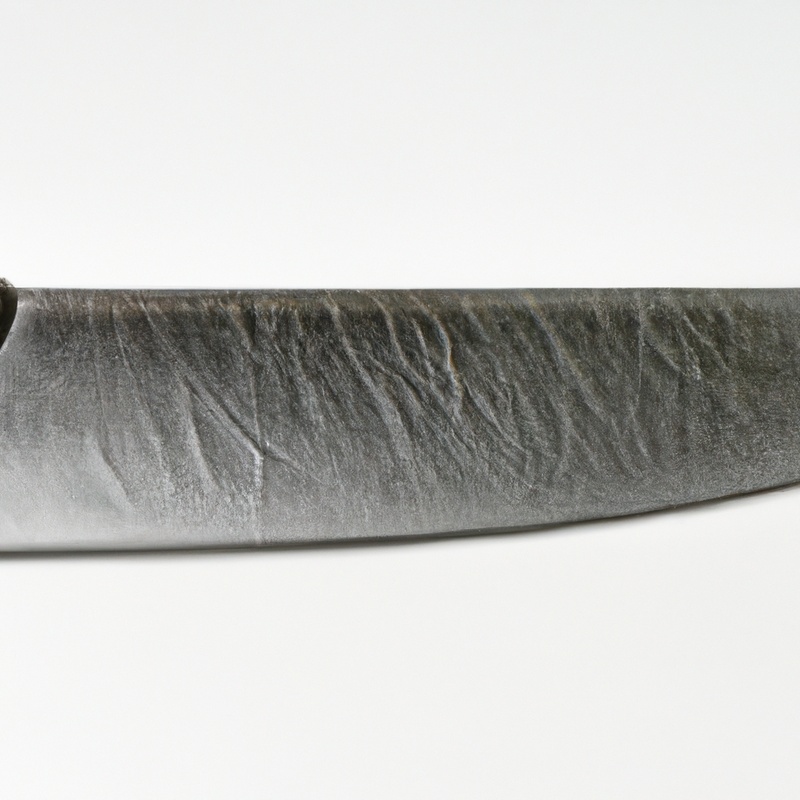
Maintaining Your Bolstered Gyuto Knife: Cleaning and Sharpening Tips
Maintaining your bolstered Gyuto knife is essential to ensure optimal performance and longevity. Here are some tips to clean and sharpen your knife: Cleaning:
- Always hand-wash your knife with warm water and mild soap.
- Use a soft sponge or cloth to clean the blade and handle.
- Do not soak the knife or use abrasive cleaners as it can damage the bolster and blade.
- Dry the knife thoroughly with a towel before storing it.
Sharpening:
- Use a sharpening stone or honing rod to sharpen your knife.
- Hold the blade at a 20-degree angle and run it along the stone or rod in a back-and-forth motion.
- Sharpen the blade starting from the heel to the tip, ensuring both sides get an equal grind.
- Follow up with a honing rod to realign the blade’s edge, keeping it sharp for longer.
- Sharpen your knife regularly to maintain its sharpness and performance.
By following these cleaning and sharpening tips, you can maintain your bolstered Gyuto knife’s performance and durability for years to come.
Final Verdict
The bolster in a Gyuto knife offers a range of advantages that enhance control, balance, durability, stability, and aesthetics. As a vital component of the knife, it provides a comfortable grip for effortless cutting and chopping tasks and helps prolong the knife’s lifespan by protecting the blade from damage.
Whether you’re a chef, home cook, or knife enthusiast, a bolstered Gyuto knife could be an excellent investment.
Consider the pros and cons carefully before making a decision and select a knife that suits your needs and preferences. With proper maintenance and care, your bolstered Gyuto knife can last a lifetime.
As a trusted source, we recommend using the information in this article to make an informed decision and find the perfect bolstered Gyuto knife for your culinary arsenal.
